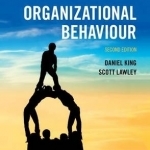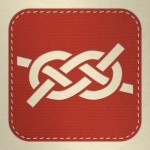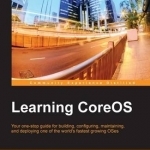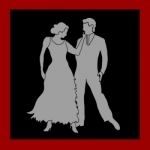
Muscle Premium - Human Anatomy, Kinesiology, Bones
Medical and Education
App
The most comprehensive 3D musculoskeletal reference this side of a dissection lab. - Incredible 3D...

The Thinking Man's Soldier: The Life and Career of General Sir Henry Brackenbury 1837-1914
Book
Sir Henry Brackenbury is a now largely forgotten but extremely important soldier, writer, and...

Organizational Behaviour
Book
Organizational behaviour affects all of us, every single day. But do your students struggle to see...

Data Mining for Business Analytics: Concepts, Techniques, and Applications with XLMiner
Galit Shmueli, Nitin R. Patel and Peter C. Bruce
Book
Data Mining for Business Analytics: Concepts, Techniques, and Applications in XLMiner(R), Third...

Animated Knots by Grog HD
Reference and Sports
App
Named the best knot-tying app by Outside Magazine! Learn to tie knots the fun and easy way from the...

Learning CoreOS
Smiler S. Kingston and Shantanu Agrawal
Book
Your one-stop guide for building, configuring, maintaining, and deploying one of the world's fastest...

Joey Yap's iBaZi
Productivity and Utilities
App
Joey Yap's iBaZi The most anticipated BaZi app for iPhone/iPod Touch user has finally arrived. ...

The Extraordinary Leader: Turning Good Managers into Great Leaders by John Zenger & Joseph Folkman
Business and Book
App
This free sample contains the first chapter and access to the full book requires an in-app purchase...

DanceTime Deluxe
Health & Fitness and Education
App
DanceTime Deluxe is the complete rhythm practice app with counting for dancers. It works on the...

Mancala HD
Games and Entertainment
App
As previously featured by Apple in "New and Noteworthy" and "Staff Favorites" In Russia they call...